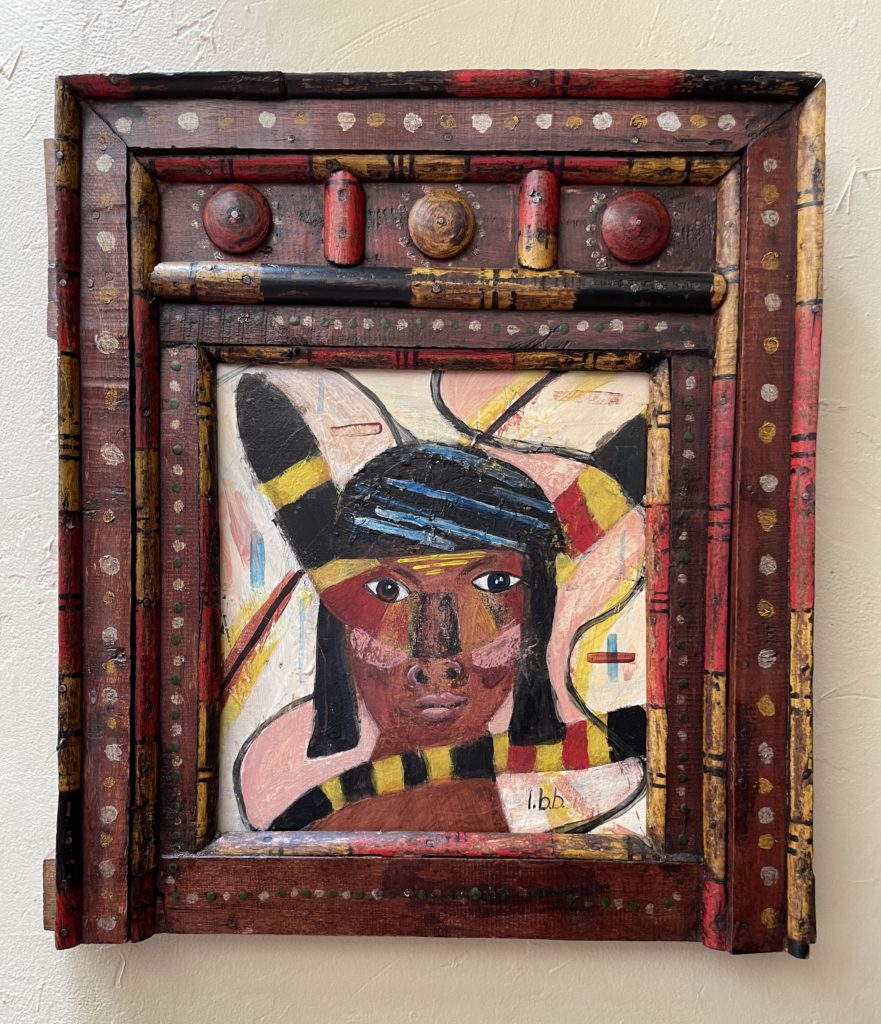Red touches yellow, kills a fellow…
That’s how the rhyme begins. It is a quick way to know the difference between a venomous Coral Snake and a harmless Scarlet King Snake. Although this rhyme has been quoted for years, it is not always an accurate means of identification, for coral snakes come in various colors.
It is the same with people. How can you know whether a relationship with another person will be poisonous, harmless or life-saving? Not by color, but by their character.
Consider one question. Do their words or actions take your personal power away?
Words are a lot like snakes. They can be toxic, innocent and of course, life-giving. Ugly words and harsh tones are demeaning.
All of us say hurtful words at one time or another. It is what we do later that reveals our connection to the Sacred within. Saying, “I am sorry, I hurt you,” works as an anti-venom solution.
What makes those relationship-saving words so difficult to say? Why is defensiveness easier than validating another person’s feelings? Wounded-ness? Pride? Fear?
Humbling one’s self privately in the spirit world, is step one. Reaching out to the other person is step two. Making spirit flesh, in the here and now, requires a vertical and horizontal response.
For people who have trouble humbling themselves, saying I’m sorry I hurt you is not necessarily admitting to wrongdoing. It is, however, offering compassion. Still, it is simpler to compartmentalize difficult conversations, pretend that nothing happened and act nicer.
Is nice-ness what the world needs or authentic, brave, empathetic people? Acting nicer does not build anyone up and often makes the situation worse, because the other person has not been validated. The wounded one may forgive and accept the way things are, but what are they accepting?
Saying, “I am sorry, I hurt you,” shows that caring for the other person, is more important to you than being right. It can open a floodgate of forgiveness and begin to build trust again.
Making Spirit Flesh*
If you have released verbal venom toward someone, what are you doing to make things right? How will you react if the other person refuses to forgive you?
If you’ve been bitten, what are you doing to transmute the poison? And how will you move forward, through its crippling effects, if the offender never acknowledges that they’ve hurt you? Chances are, the life-giving answers will not magically appear on your earth walk, unless you bring the spirit and earth worlds together, as one. +
Are you letting your view of abundant living depend on what other people do and say? If so, remember: The greater calling is often found somewhere in the shattered dream.

